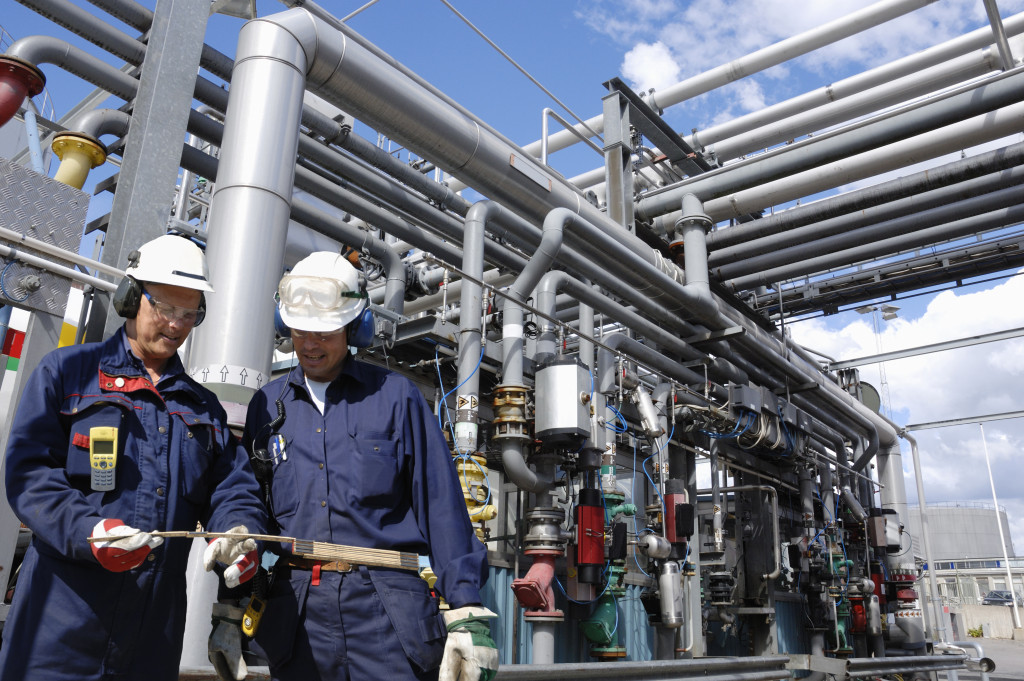- The oil industry, worth $4 trillion globally, contributes significantly to air, water, and land pollution and climate change.
- Oil extraction, transportation, and combustion are the main contributors to greenhouse gas emissions and global climate change.
- Oil spills during transport and extraction processes lead to severe water and land contamination, affecting ecosystems and human health.
- The heavy reliance on oil fuels geopolitics, economic turbulence, and hinders investments in renewable energy sources.
- Preventive measures include regular pipeline inspections, investment in renewable energy, reusing oil, and staying updated about industry impacts.
Oil has become a vital component of modern society as it is used for transportation, energy generation, and various industrial processes. However, the extraction, transportation, and usage of oil come at the expense of the environment. As an oil company owner or entrepreneur, knowing how your company impacts the environment is essential to take proactive steps to mitigate any negative impact. Here’s what you need to know about the oil industry, how it affects the environment, and ways to prevent it in your company.
The Oil Industry Today
It’s estimated that the oil industry is worth $4 trillion worldwide. It’s a primary global industry whose environmental impact is only growing. According to recent estimates, oil production accounts for around 7% of all greenhouse gas emissions globally. In addition, burning fossil fuels like oil can produce air pollutants such as sulfur dioxide and nitrogen oxides that cause smog, acid rain, and other health hazards.
The Impact of Oil on The Environment
There are various ways oil has an impact on the environment. Here are some of those ways:

1. Air Pollution
Air pollution is one of the top ways your oil company impacts the environment. The processes involved in extracting, refining, and transporting oil produce greenhouse gases, volatile organic compounds, and other pollutants contributing to climate change and air pollution. In addition, oil spills during transportation or oil well blowouts can release harmful pollutants into the air, affecting human health, wildlife, and ecosystems.
2. Water Pollution
Oil spills during transportation or oil well blowouts often lead to the contamination of water bodies. When oil is spilled, it can harm aquatic life, destroy habitats, and pollute drinking water sources. In addition, hydraulic fracturing or “fracking” to extract shale oil and gas requires large amounts of water, often leading to water scarcity in regions with limited water resources.
3. Land Pollution
Oil spills on land can result in soil contamination. The soil pollution caused by oil spills can make it difficult for plants to grow and negatively affect the structure of the soil. Land pollution from oil extraction can also result from constructing roads, drilling sites, and other infrastructure necessary for oil extraction and transportation.
4. Climate Change
Oil extraction, transportation, and combustion are the most significant contributors to climate change. The greenhouse gases released during the extraction and burning of oil trap heat in the earth’s atmosphere, leading to global warming, rising sea levels, and other consequences. Climate change is becoming a primary concern for environmentalists and governments worldwide, and oil companies are a significant contributor to this problem.
5. Oil Dependency
Finally, the dependence on oil as a primary energy source has led to global political, economic, and social issues. The oil industry is heavily subsidized by governments, leading to a lack of investment in renewable energy sources. The dependency on oil also results in volatile oil prices that affect global economies and political instability around oil-producing countries and make countries vulnerable to supply disruptions.
Prevention
Thankfully, your business can prevent these things from happening. Here are some of those ways:

Inspections
Your pipeline must get inspected as much as possible. An experienced pipeline inspection service can do this for you. They can check if any pipeline parts are worn down and must be repaired or replaced. This will help reduce the risk of oil spills and other environmental impacts.
Invest in Renewables
Investing in renewable energy sources such as solar, wind, and hydropower is a great way to reduce your company’s dependence on oil and minimize the environmental impact of the oil industry. Renewable energy sources produce significantly fewer emissions and are increasingly becoming cost-effective alternatives to polluting fossil fuels.
Reuse Oil
Reusing oil is another excellent way to reduce your company’s environmental impact. Companies can reclaim, refine, and reuse waste oil for various industrial processes or as a heating source, reducing their reliance on new oil and reducing emissions.
Educate Yourself
Finally, education is critical to understanding the environmental impact of the oil industry and taking proactive steps to reduce it. Understanding how your company affects the environment can help you make better decisions that minimize its negative impacts. Additionally, staying informed about policy changes and regulations related to the industry can help ensure you are following best practices regarding reducing your environmental footprint.
By taking steps like these, you can help ensure that your company is doing its part to reduce the environmental impact of the oil industry and make a positive difference in the world. It’s an important step in being an environmentally responsible business and helping protect our planet for future generations. Investing in renewable energy sources and educating yourself on the environmental impacts of the industry are all great ways to ensure your business is doing its part.

